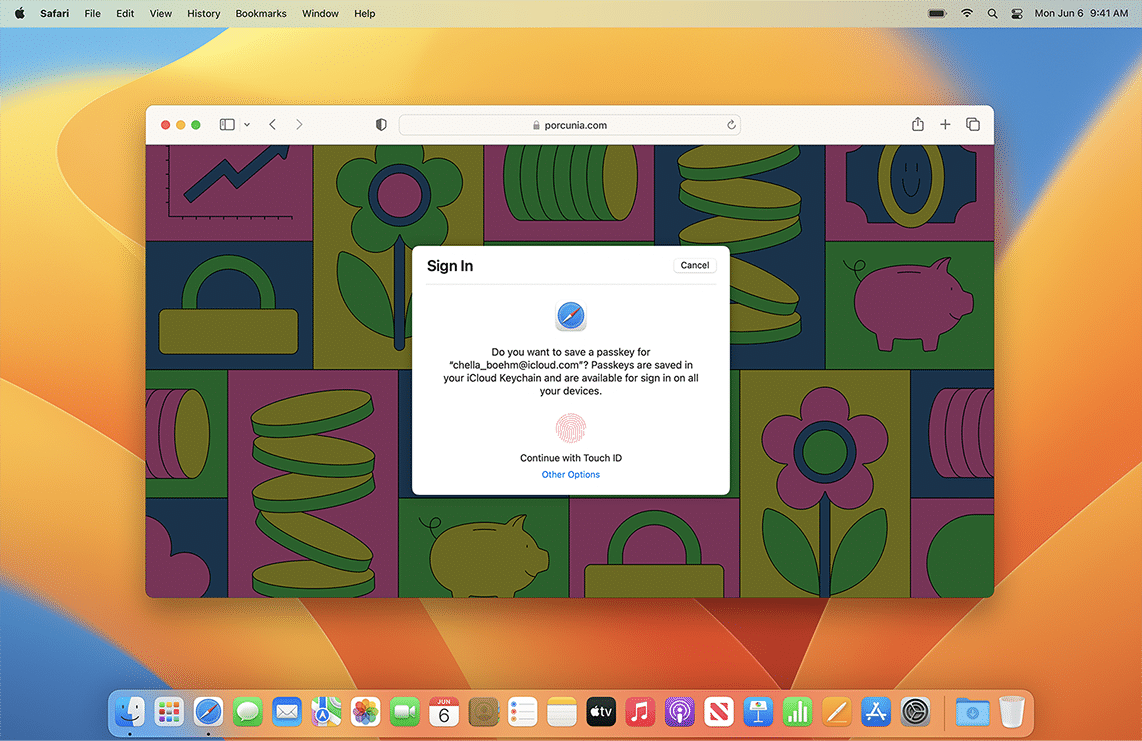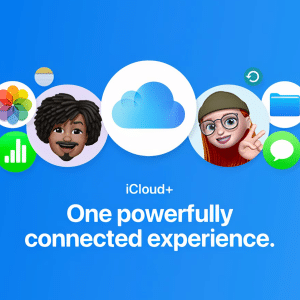With iOS 16 and macOS Ventura, Apple is changing the way we log into our accounts with passkeys, designed to replace traditional passwords and start a new era of account authentication.
A new report has found that cybercrime will cost the world $10.5 trillion a year by 2025 and the COVID-19 pandemic only increased the threat. Indeed, a study from Deloitte found that almost half of individuals have fallen for phishing scams whilst working at home, with hackers becoming increasingly sophisticated to get users to hand over their details.
Last year, 24 billion passwords leaked onto the dark web in one of the biggest attacks in history, and with consumers spending more time and conducting more personal activities online than ever before, from banking to telemedicine and online dating, the stakes are high.
Fixing the problem with passwords
Apple appears to have cracked the code with its latest venture, offering passwordless access to your accounts across Macs, iPhones, iPads, and Apple TVs later this year. Rather than using a password, you’ll be able to log into online accounts using ‘passkeys’.
Instead of remembering passwords for dozens of accounts or using a password management tool like LastPass, passkeys replace passwords using Touch ID and Face ID. When you try to log back into that website, Passkeys will help you prove who you are using your biometric information, rather than having to type in a password.
These passkeys will sync across all of your devices using iCloud Keychain, and because keys are stored on your device rather than on Apple’s servers with end-to-end encryption, the chances of them entering into the wrong hands are much lower. What’s more, Apple uses Web Authentication API (WebAuthn) for further security and peace of mind – with lots of under-the-hood benefits.
Should passkeys be widely adopted, they could mark a serious step forward for online security and reduce the chances of phishing attacks. After all: passwords cannot be stolen if they don’t exist in the first place, and because every account will have a unique passkey, you also don’t have to worry about someone finding your ‘master password’ and suddenly having access to all of your accounts online. A 2019 Google study with Harris Poll found that 13 percent reuse the same password across all accounts, and a further 52 percent use the same one for multiple accounts. Only 35 percent use a different password for every account.
Are you excited to try PassKeys? Let us know and check back soon for more.







